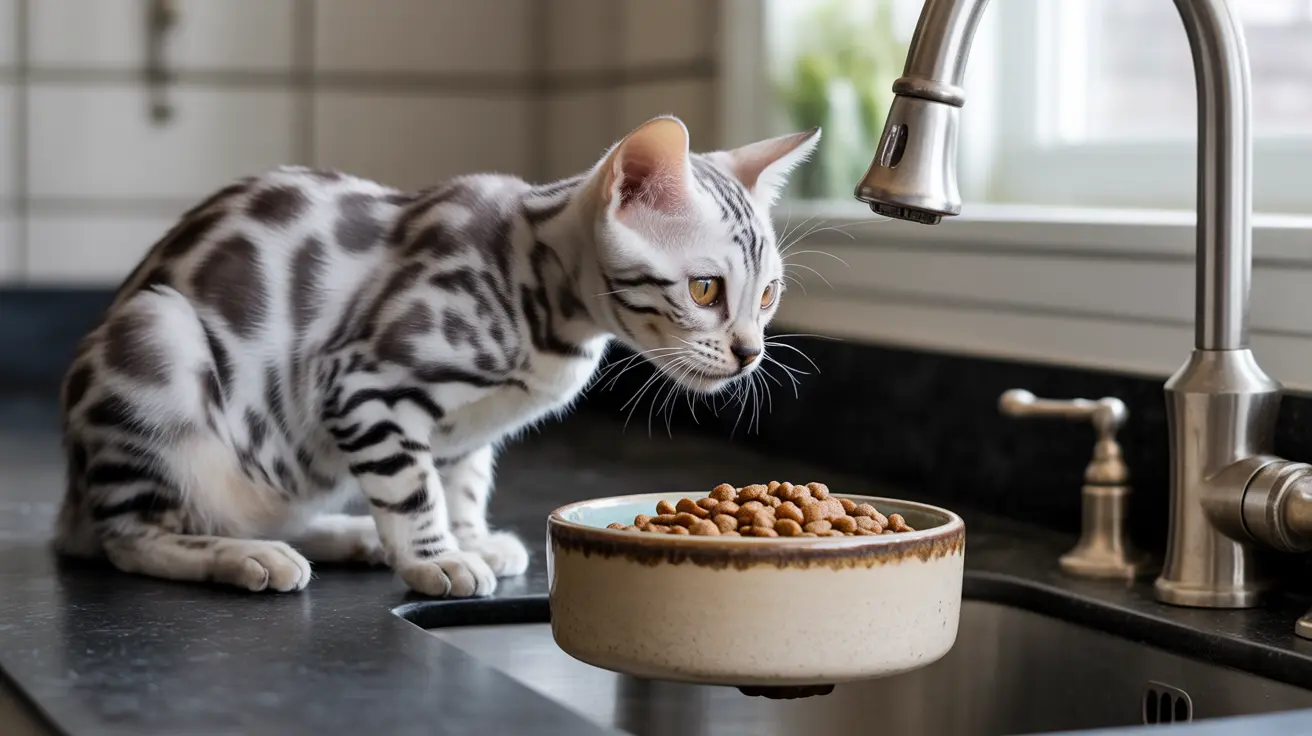Understanding the Differences Between Kitten and Adult Cat Food
Kitten food is specifically formulated to support rapid growth and development during the first year of life. It contains higher levels of:
- Calories
- Protein
- Fat
- DHA for brain and vision development
- Essential minerals for bone growth
Adult cat food, conversely, is balanced for maintenance rather than growth, with moderate calorie content and adjusted nutrient profiles to prevent excess weight gain and support long-term health.
Health Risks of Feeding Kitten Food to Adult Cats
Regular consumption of kitten food by adult cats can lead to several health issues:
- Weight gain and obesity due to higher caloric density
- Potential mineral imbalances affecting urinary health
- Excessive protein and fat intake beyond maintenance needs
- Increased risk of diabetes in susceptible cats
When Adult Cats Can Safely Eat Kitten Food
There are specific circumstances where feeding kitten food to adult cats may be appropriate:
Pregnancy and Nursing
Pregnant and nursing queens require additional calories and nutrients to support their kittens' development and milk production. In these cases, kitten food can provide the necessary nutritional support.
Medical Conditions
Under veterinary guidance, kitten food might be recommended for:
- Underweight cats
- Seniors with poor appetite
- Cats recovering from illness or surgery
- Cats with high energy requirements due to medical conditions
Managing Multi-Cat Household Feeding
To prevent adult cats from accessing kitten food:
- Set up separate feeding areas in different rooms
- Use microchip-activated feeding bowls
- Implement scheduled feeding times
- Supervise mealtimes
- Consider "all life stages" food as an alternative
Transitioning Between Kitten and Adult Food
When transitioning from kitten to adult food:
- Begin around 12 months of age (18-24 months for large breeds)
- Gradually mix new food with old over 7-14 days
- Monitor your cat's weight and appetite during transition
- Adjust portions based on activity level and body condition
Frequently Asked Questions
Can adult cats safely eat kitten food occasionally, and what are the risks of feeding it regularly?
While occasional consumption is safe, regular feeding of kitten food to adult cats can lead to obesity and nutritional imbalances due to its higher caloric and fat content. It's best to stick to age-appropriate food for optimal health.
How can I prevent my adult cat from eating kitten food in a multi-cat household?
Use separate feeding areas, microchip feeders, scheduled mealtimes, and supervised feeding. Remove uneaten food promptly and consider using "all life stages" food if appropriate for your situation.
When is it appropriate to feed kitten food to adult or senior cats under veterinary guidance?
Kitten food may be recommended for pregnant/nursing cats, underweight adults, seniors with poor appetite, or cats recovering from illness. Always consult your veterinarian before making this dietary change.
What are the nutritional differences between kitten food and adult cat food?
Kitten food contains higher levels of calories, protein, fat, and specific nutrients for growth and development. Adult cat food is balanced for maintenance with moderate calories and adjusted nutrient profiles.
How should I transition my kitten to adult cat food, and when is the right time to switch?
Most cats should transition around 12 months of age (18-24 months for large breeds). Make the switch gradually over 7-14 days by mixing increasing amounts of adult food with decreasing amounts of kitten food.






